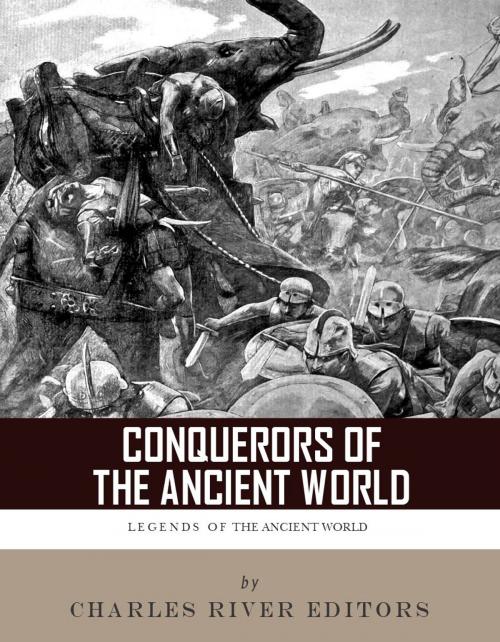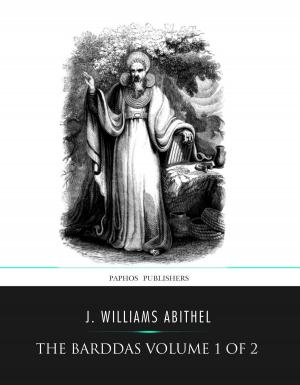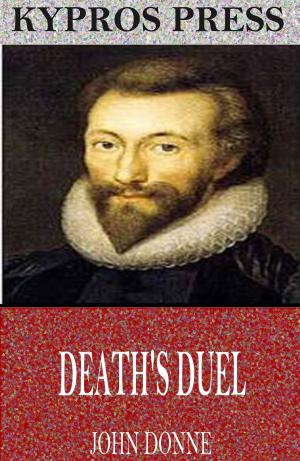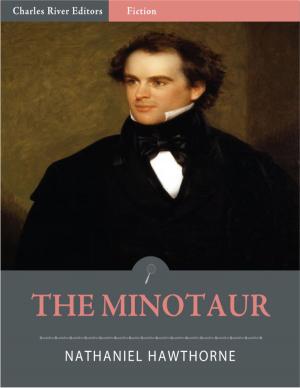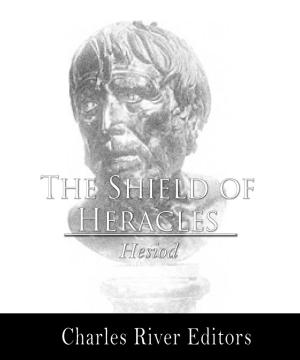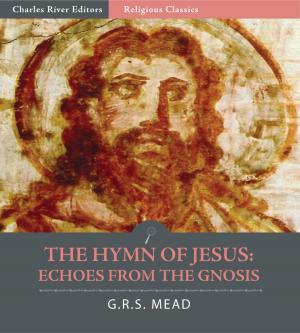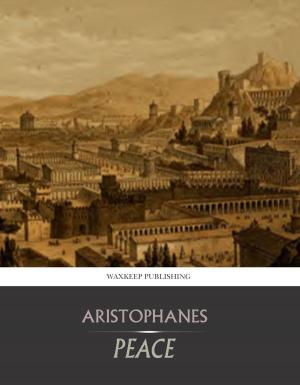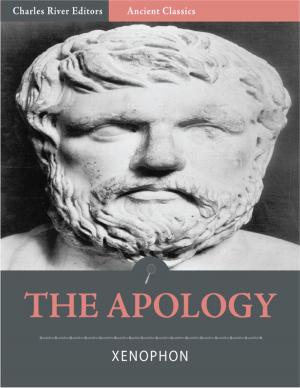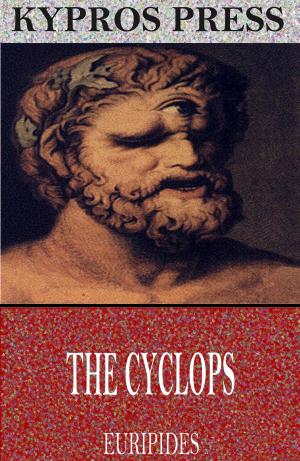Conquerors of the Ancient World: The Lives and Legacies of Alexander the Great and Julius Caesar
Nonfiction, History, Ancient History, Egypt, Rome| Author: | Charles River Editors | ISBN: | 9781475316476 |
| Publisher: | Charles River Editors | Publication: | August 24, 2012 |
| Imprint: | Language: | English |
| Author: | Charles River Editors |
| ISBN: | 9781475316476 |
| Publisher: | Charles River Editors |
| Publication: | August 24, 2012 |
| Imprint: | |
| Language: | English |
*Includes pictures depicting important people, places, and events in the lives of Alexander and Caesar*Discusses little known facts about both men and whether some of the legends and myths about them were true.*Includes a Table of Contents covering each man.*Includes a bibliography on Alexander the Great for further reading. Over the last 2,000 years, ambitious men have dreamed of forging vast empires and attaining eternal glory in battle, but of all the conquerors who took steps toward such dreams, none were ever as successful as antiquity's two most famous and successful conquerors. For thousands of years, leaders across the globe dreamed of emulating or rivaling the accomplishments of Julius Caesar, but Caesar himself found inspiration in Alexander the Great (356-323 B.C.), the Macedonian King who managed to stretch an empire from Greece to the Himalayas in Asia at just 30 years old. It took less than 15 years for Alexander to conquer much of the known world. Both men died untimely deaths. Alexander died of still unknown causes at the height of his conquests, when he was still in his early 30s. Although his empire was quickly divided, his legacy only grew, and Alexander became the stuff of legends even in his own time. Alexander was responsible for establishing 20 cities in his name across the world, most notably Alexandria in Egypt, and he was directly responsible for spreading Ancient Greek culture as far east as modern day India and other parts of Asia. For the ancient world, Alexander became the emblem of military greatness and accomplishment; it was reported that many of Romes greatest leaders, including Pompey the Great, Augustus, and Caesar himself all visited Alexanders tomb in Alexandria, a mecca of sorts for antiquitys other leaders. Possibly the most important man of antiquity, and even all of history, was Julius Caesar. Alexander Hamilton, the famous American patriot, once remarked that the greatest man who ever lived was Julius Caesar. Such a tribute, coming from one of the Founding Fathers of the quintessential modern democracy in reference to a man who destroyed the Roman Republic, is testament to the enduring mark that Caesar left upon the world. The ultimate conqueror, statesman, dictator, visionary, and opportunist, during his time in power Caesar expanded the borders of Rome to almost twice their previous size, revolutionized the infrastructure of the Roman state, and destroyed the Roman Republic for good, leaving a line of emperors in its place. His legacy is so strong that his name has become, in many languages, synonymous with power: the Emperors of Austria and Germany bore the title Kaiser, and the Czars of Russia also owe the etymology of their title to Caesar. His name also crept further eastward out of Europe, even cropping up in Hindi and Urdu, where the term for Emperor is Kaisar. Conquerors of the Ancient World provides an entertaining look at the facts, myths, and legends surrounding two of historys most famous men and conquerors, while exploring the lasting legacies they left on the ancient world and todays world. Along with pictures of important people, places, and events, you will learn about Alexander the Great and Julius Caesar like you never have before, in no time at all.
*Includes pictures depicting important people, places, and events in the lives of Alexander and Caesar*Discusses little known facts about both men and whether some of the legends and myths about them were true.*Includes a Table of Contents covering each man.*Includes a bibliography on Alexander the Great for further reading. Over the last 2,000 years, ambitious men have dreamed of forging vast empires and attaining eternal glory in battle, but of all the conquerors who took steps toward such dreams, none were ever as successful as antiquity's two most famous and successful conquerors. For thousands of years, leaders across the globe dreamed of emulating or rivaling the accomplishments of Julius Caesar, but Caesar himself found inspiration in Alexander the Great (356-323 B.C.), the Macedonian King who managed to stretch an empire from Greece to the Himalayas in Asia at just 30 years old. It took less than 15 years for Alexander to conquer much of the known world. Both men died untimely deaths. Alexander died of still unknown causes at the height of his conquests, when he was still in his early 30s. Although his empire was quickly divided, his legacy only grew, and Alexander became the stuff of legends even in his own time. Alexander was responsible for establishing 20 cities in his name across the world, most notably Alexandria in Egypt, and he was directly responsible for spreading Ancient Greek culture as far east as modern day India and other parts of Asia. For the ancient world, Alexander became the emblem of military greatness and accomplishment; it was reported that many of Romes greatest leaders, including Pompey the Great, Augustus, and Caesar himself all visited Alexanders tomb in Alexandria, a mecca of sorts for antiquitys other leaders. Possibly the most important man of antiquity, and even all of history, was Julius Caesar. Alexander Hamilton, the famous American patriot, once remarked that the greatest man who ever lived was Julius Caesar. Such a tribute, coming from one of the Founding Fathers of the quintessential modern democracy in reference to a man who destroyed the Roman Republic, is testament to the enduring mark that Caesar left upon the world. The ultimate conqueror, statesman, dictator, visionary, and opportunist, during his time in power Caesar expanded the borders of Rome to almost twice their previous size, revolutionized the infrastructure of the Roman state, and destroyed the Roman Republic for good, leaving a line of emperors in its place. His legacy is so strong that his name has become, in many languages, synonymous with power: the Emperors of Austria and Germany bore the title Kaiser, and the Czars of Russia also owe the etymology of their title to Caesar. His name also crept further eastward out of Europe, even cropping up in Hindi and Urdu, where the term for Emperor is Kaisar. Conquerors of the Ancient World provides an entertaining look at the facts, myths, and legends surrounding two of historys most famous men and conquerors, while exploring the lasting legacies they left on the ancient world and todays world. Along with pictures of important people, places, and events, you will learn about Alexander the Great and Julius Caesar like you never have before, in no time at all.
